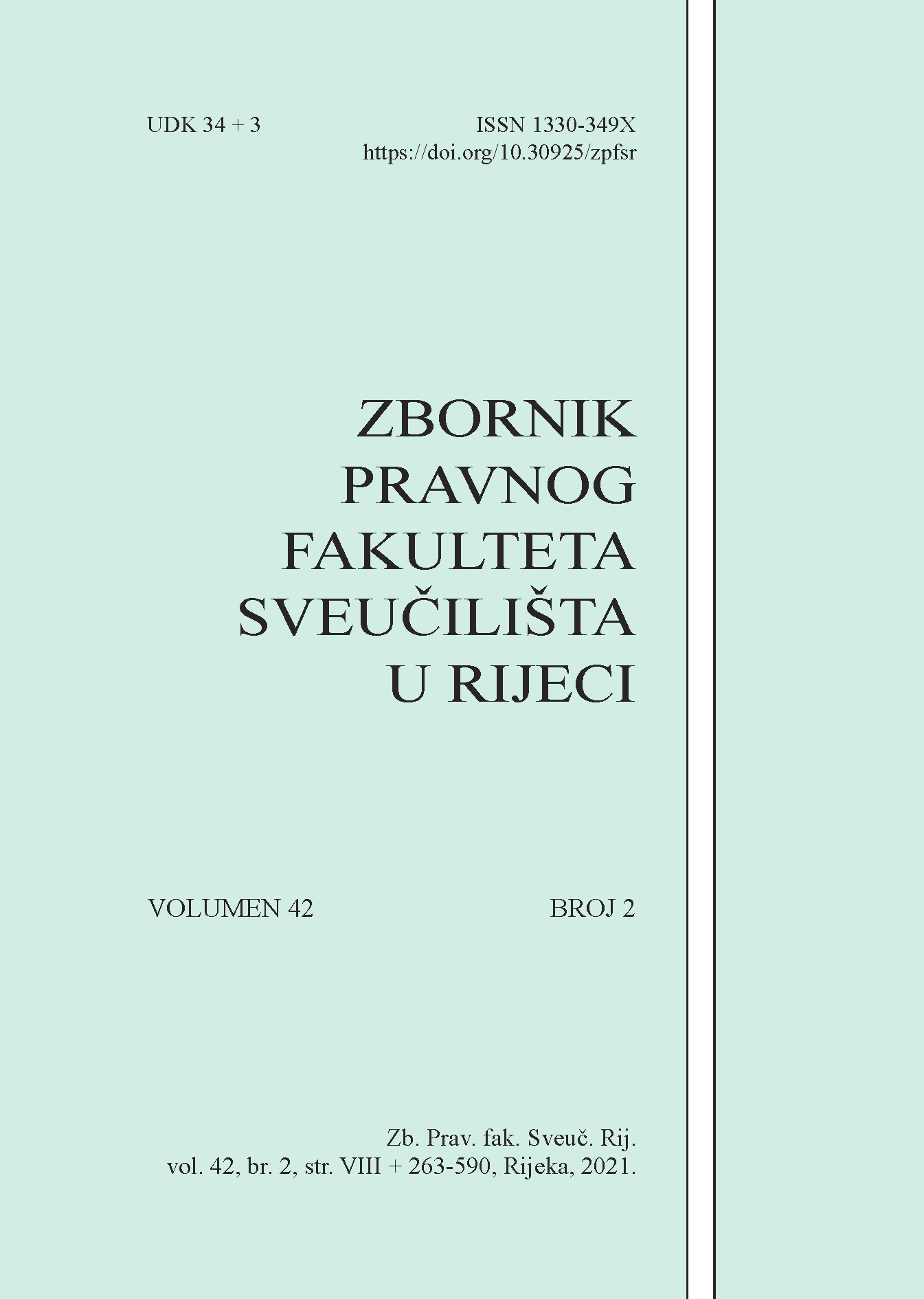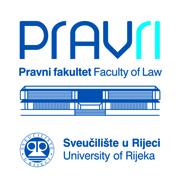PROCEDURAL METHOD IN ADMINISTRATIVE PROCEEDINGS IN RELATION TO THE PROCEDURAL METHOD IN AN ADMINISTRATIVE DISPUTE AND COGNITION OF THE TRUTH ABOUT FACTS
DOI:
https://doi.org/10.30925/zpfsr.42.2.9Keywords:
factual situation; establishing facts; material truth; administrative dispute; administrative procedure.Abstract
The paper deals with the methods of seeking the truth in an administrative procedure and administrative dispute. The introductory part emphasizes the task of legal doctrine to interpret the rules of the Administrative Dispute Act on fact-fi nding and proving, and raises the question of whether the procedural method of establishing facts in an administrative dispute provides the judge with the possibility of determining the truth. It addresses the conceptual determination of facts, factual situation, proving, establishing facts, and the principle of searching for material truth. This is followed by a discussion of the rules on the dispute of full jurisdiction from the Administrative Dispute Act and the interpretation of these rules in scientifi c and professional papers. At the same time, methods that seek to determine the facts in administrative procedures and administrative disputes are compared. In conclusion, the authors summarize the results of the analysis, emphasizing thereby that the General Administrative Procedure Act is a set of procedural norms based on the investigative principle and which, in accordance with this principle, provides the public law authority with strong investigative powers. The procedural system of the Administrative Dispute Act strives for a harmonious combination of the principle of deliberation and investigation in which the court has direct investigative powers. The procedure method accepted in an administrative dispute provides the court with the possibility of establishing the truth about facts with the same degree of certainty that a public law authority can achieve with the prescribed method in administrative procedures.
Additional Files
Published
Versions
- 2023-12-15 (2)
- 2022-02-16 (1)
How to Cite
Issue
Section
License
Copyright (c) 2022 Dario Đerđa, Boris Ljubanović

This work is licensed under a Creative Commons Attribution-NonCommercial 4.0 International License.
Collected Papers is an open access journal. Journal does not charge article processing charges (APC) to authors. It is licensed under CC BY-NC licence 4.0.
Collected Papers of the Law Faculty of the University of Rijeka" is an Open Access journal. Users are allowed to read, download, copy, redistribute, print, search and link to material, and alter, transform, or build upon the material, or use them for any other lawful purpose as long as they attribute the source in an appropriate manner according to the CC BY licence.
The papers published in "Collected Papers of the Law Faculty of the University of Rijeka" can be deposited and self-archived in the institutional and thematic repositories providing the link to the journal's web pages and HRČAK.
Upon acceptance of the manuscript for publication by this journal, the author can publish same manuscript in other journals only with the permission of the Editorial Board (secondary publication). A repeated publication should contain a notice as to where the manuscript was originally published.



